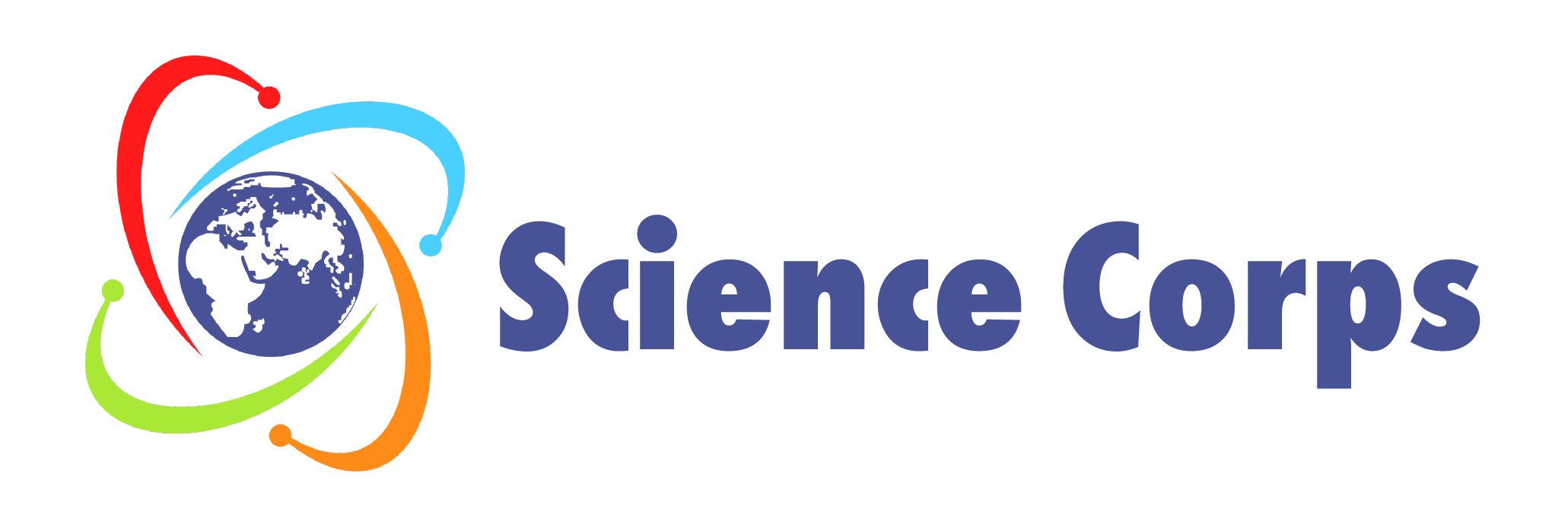Our Team
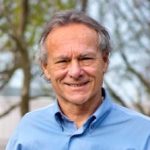
Eddy Rubin
Director and Founder
Edward M Rubin, MD, PhD, FACMG, is a geneticist and genomicist who has spent more than 25 years as a member of the faculty of the Lawrence Berkeley National Laboratory in Berkeley, California. During much of that time, he served as the Director of the DOE Joint Genome Institute where he played a major role in the Human Genome Project. Throughout Dr. Rubin’s career, he has taken a keen interest in training STEM PhD scientists. Over the years, more than 50 postdoctoral fellows have trained in his laboratory, the majority of whom are now scientists at leading universities and research institutes around the world.
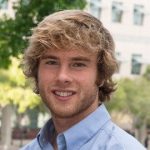
Ben Rubin
Co-Founder
Benjamin E. Rubin received his PhD in Molecular Biology from the University of California, San Diego. As he neared the completion of his studies, he sought to take a break from basic science to do outreach abroad and gain perspective on his future. However, after months of extensive search he found no programs aimed at science PhDs that would leverage his education. Luckily, a visiting professor with contacts in the Philippines introduced him to the leadership of the CVIF high school. This connection led to a productive and fascinating six-month employment at what would become Science Corps’ first site. Following his experience in the Philippines, he accepted a postdoctoral position in the Jennifer Doudna Lab at University of California Berkeley.
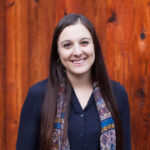
Sarah Cox
Co-Founder
Sarah received her PhD in Epidemiology from the University of Washington and MSPH in International Health from the Johns Hopkins Bloomberg School of Public Health. She has experience working in government, industry, and non-profit sectors, focusing on population health, analytics, and research. As Co-Founder of One Sun Health Inc., Sarah has experience leading the recruitment and training of international students, as well as building partnerships with local communities and stakeholders. Sarah is passionate about developing sustainable global exchange between students and communities.
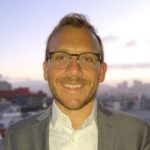
Stephen Harris
Co-Founder
Stephen E. Harris, PhD, is an Assistant Professor of Biology at Purchase College, State University of New York. He has a long history of science outreach and education. After receiving a B.S. in molecular genetics in 2006, he moved to New York City as part of the NYC Teaching Fellows Program teaching high school science in the South Bronx. During his PhD studies, he served as an NSF Gk-12 fellow building science research curriculum in public schools in NYC. As an NSF GRFP fellow, he developed an award winning curriculum that teaches basic molecular biology skills to underserved students using mobile labs. He went on to run molecular biology workshops for students and scientists in the U.S., Belize, and Indonesia. Before Purchase College, he was a teaching fellow at Columbia University where he taught and developed curriculum for their core science course. He knows how much impact scientists can have on developing students and is excited to bring his expertise to Science Corps.
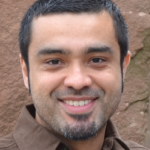
Víctor Sojo
Educational Content Manager
Víctor was a member of our first cohort of fellows, spending time in both of our founding sites in the Philippines and India. He has since joined Science Corps as an active member of our core management team and the lead developer of the educational content that we develop in collaboration with our host sites. Víctor did his PhD in Evolutionary Biology at the University of London – University College London (UCL, 2016). Before that he pursued degrees in Biological Modeling (also at UCL), as well as in Computer Science and in Chemistry at the Universidad Central de Venezuela (UCV), in Caracas. Following PostDoctoral placements in Munich, Tokyo, and Berlin, he is presently a Scholar in Bioinformatics and Computational Biology at the American Museum of Natural History in New York. Víctor is interested in educational technologies and is developing central repositories where we share the contents created by our fellows, at eduversum.org.
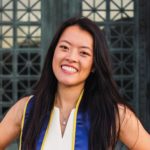
Chloe Cho
Director of Outreach
Chloe is a recent graduate of the University of California, Berkeley with a BS in Genetics and Plant Biology, a BA in Data Science, and a minor in Food Systems. She is currently a Writer and Project Coordinator at The Lexicon of Sustainability, a nonprofit that uses evidence-based storytelling, strategy, and mobilization to build movements to tackle food systems challenges. Additionally, Chloe is a contributing writer to UnScilenced, a collective of scientists who translate scientific literature into accessible articles for policymakers and the public. She believes that science communication should be inclusive, not exclusive, and that people deserve to be informed. She is also a Science Fellow at Pesticide Action Network North America.
She believes that science education and communication are important for the growth of students and communities.
Our Partners
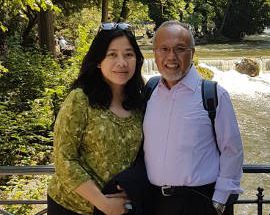
Drs. Christopher C. Bernido and Maria Victoria Carpio-Bernido are president and directress, respectively, of the Philippines site, CVIF high school. Having received PhDs in theoretical physics in the U.S., they returned to the Philippines and established themselves as professors at the Philippine’s top university, University of the Philippines. There, Chris headed the Physics department, and both were acknowledged with multiple awards for their research and teaching.
Driven by their mutual commitment to develop their country’s STEM capacity, Chris and Marivic sought to create hubs of education and research outside Manila. In 1999 they moved to the rural town of Jagna, Bohol and took the helm of the ailing Central Visayan Institute Foundation, a high school right in the center of town. They instituted a number of innovative educational approaches there that were codified in the CVIF Dynamic Learning Program. This program dramatically improved learning outcomes not only at CVIF, but also at approximately 250 schools across the Philippines where it has been instituted. They also founded the CVIF Research Center for Theoretical Physics in Jagna, which has hosted several workshops, drawing distinguished international scientists including multiple Nobel Prize winners.
For their efforts on behalf of Jagna and the Philippines, Chris and Marivic were awarded the Ramon Magsaysay Award in 2010, one of Asia’s highest honors for service.
The current Head of School at The American School of Tangier, Sarah Putnam, brings 35 years of teaching and administrative experience to her leadership of AST.
Previously, she has been Head of the International School of Aruba, Deputy Superintendent for Shanghai American School, Curriculum Coordinator for the American School in Japan, and Principal/Superintendent for eleven years at two public school districts in Montana. She completed her doctoral coursework for an EdD at the University of Montana, has a Master’s Degree in Education from UMASS, and an A.B. from Harvard University. Her passion to address climate change and the dissolution of global trust through innovative schooling drives the programs at AST.
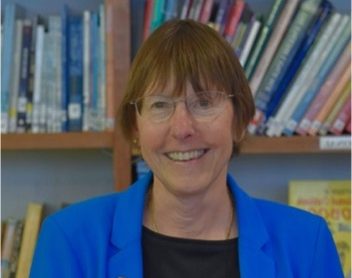
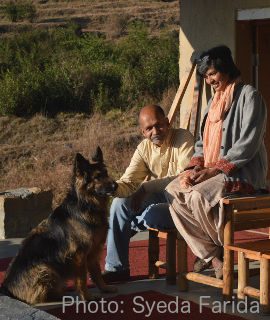
Sandhya and Sarit hold PhDs in Electrical Engineering. They spent almost two decades in the USA working as researchers, but then decided to relocate to India in 2009. They tell Sourav Roy in his article about Aavishkaar: “Living in Minneapolis, we had a long and fulfilling career. However, our society tends to keep engineers devoid of a sense of service towards the society. We decided to quit our jobs and move back to India.”
They chose to settle in Kandbari, a small village about 50 km (30 mi) from Dharamshala (the place of residence of the Dalai Lama), right in the Himalayas.
Sandhya and Sarit became disappointed in the culture of rote learning and fear-based education that they observed. “Kids run away from their teachers. Students are intimidated to learn. We believe that there shouldn’t be any fear associated with learning. Education should eliminate fear and not ratify it”, they told Sourav Roy.
They started developing learning tools for science and math, seeking to make learning fun and accessible: “They started approaching schools and providing hands-on and experiential math and science programs for students from underprivileged backgrounds. In February 2014, Aavishkaar was officially born”, reports Sourav Roy.

